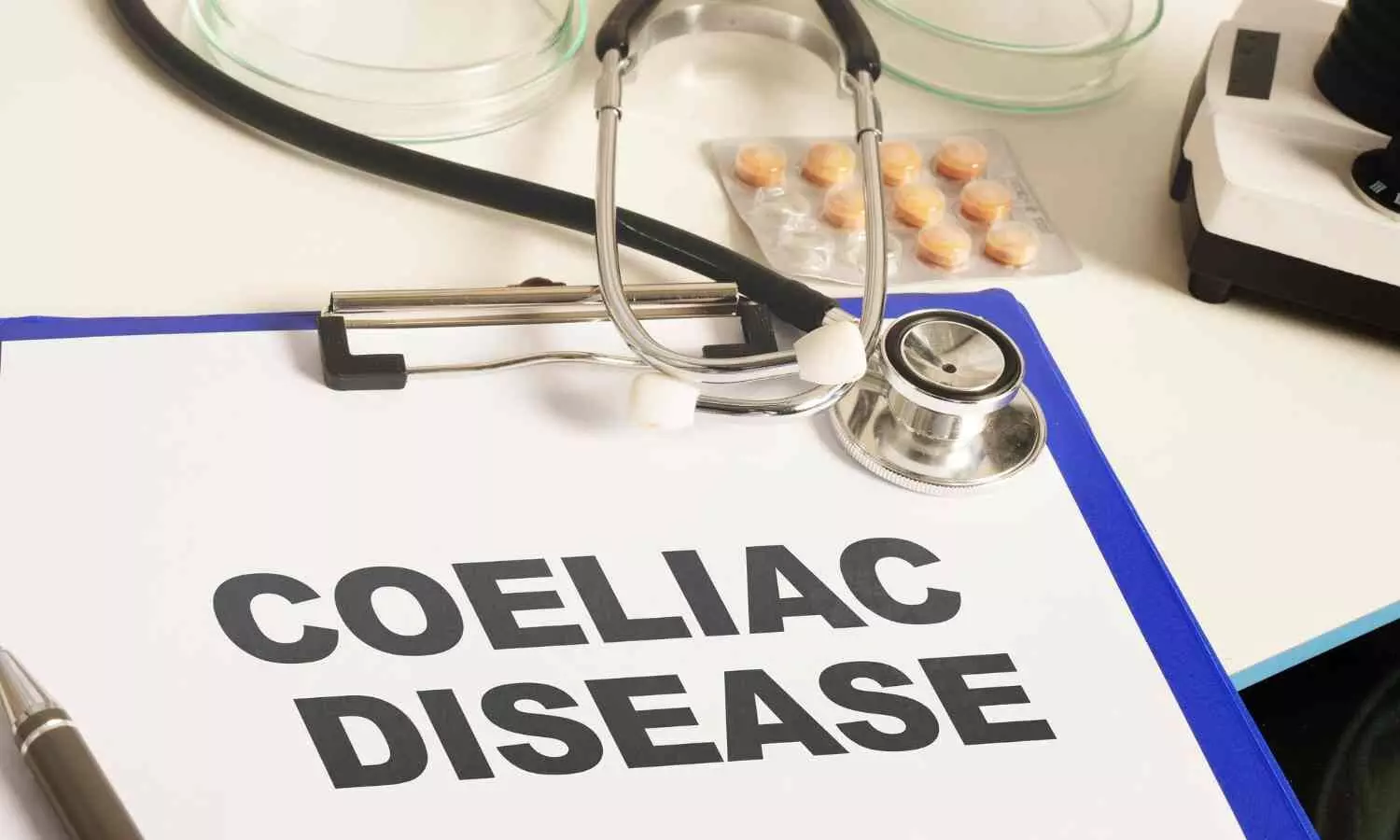One in ten people without coeliac disease or wheat allergy report sensitivity to gluten or wheat
- byDoctor News Daily Team
- 29 October, 2025
- 0 Comments
- 0 Mins

Around one in ten people worldwide report gastrointestinal and other symptoms such asfatigueandheadacheafter eating foods containing gluten or wheat despite not having a diagnosis of eithercoeliac diseaseor wheat allergy, finds a large systematic review and meta-analysis published online inGut. These people have a condition known as non-coeliac gluten/wheat sensitivity (NCGWS), which appears to be more common in women and associated withirritable bowel syndrome,anxietyanddepression. Symptoms of NCGWS tend to improve when gluten or wheat is avoided and recur when foods containing them are returned to the diet. However, in contrast to coeliac disease and wheat allergy, the disease process underpinning NCGWS is unclear and it has no specific associated blood markers, making diagnosis challenging. Currently NCGWS is diagnosed by excluding coeliac disease and wheat allergy in individuals who report adverse symptoms after eating gluten or wheat, and little is known about the prevalence and presenting clinical features. To address this, the authors identified all studies published between 2014 and 2024 evaluating the prevalence of self-reported NCGWS in the general population. Twenty five studies including 49,476 participants from 16 countries met the inclusion criteria and these data were extracted for use in their pooled analysis. The results of this analysis showed the overall prevalence of self-reported NCGWS was 10.3% but that distinct differences in prevalence were evident between individual countries. Prevalence varied from 0.7% in Chile to 23% in the UK and 36% in Saudi Arabia. The data also revealed that four in ten people reporting NCGWS followed a gluten-free diet to avoid gastrointestinal and other troublesome symptoms, often doing so in the absence of formal medical advice or a diagnosis. The most common symptoms reported by participants were bloating (71%), abdominal discomfort (46%), abdominal pain (36%) and fatigue (32%). Other symptoms reported included diarrhoea, constipation, headache and joint pain. In addition, self-reported NCGWS was significantly more common in women and significantly more likely to occur in people reporting anxiety, depression and irritable bowel syndrome. The authors acknowledge the study had several limitations including its reliance on self-reporting of NCGWS by participants, that some of the authors had contributed to a subset of studies included in the meta-analysis, and that substantial differences in prevalence between the studies included could not be fully explained by regression analyses. They suggest these differences in prevalence could reflect variability in diagnostic criteria and confounding factors or be true differences in prevalence across populations and countries. Nevertheless, the authors conclude, “Self-reported non-coeliac gluten/wheat sensitivity affects approximately one in ten people worldwide, with a considerable geographical variation and strong association with female sex, psychological distress and irritable bowel syndrome.” They add that non-coeliac gluten/wheat sensitivity needs to be recognised within the disorders of the gut-brain interaction framework – a neurogastroenterology concept that emphasises the bidirectional communication between the gut and the brain – and symptom-based diagnostic criteria developed “to guide a more tailored management approach focusing on individual symptom patterns and dietary triggers beyond gluten and to reduce unnecessary dietary restriction in this common condition”. Shiha MG, Manza F, Figueroa-Salcido OG, et alGlobal prevalence of self-reported non-coeliac gluten and wheat sensitivity: a systematic review and meta-analysisGut Published Online First: 28 October 2025. doi: 10.1136/gutjnl-2025-336304
Disclaimer: This website is designed for healthcare professionals and serves solely for informational purposes.
The content provided should not be interpreted as medical advice, diagnosis, treatment recommendations, prescriptions, or endorsements of specific medical practices. It is not a replacement for professional medical consultation or the expertise of a licensed healthcare provider.
Given the ever-evolving nature of medical science, we strive to keep our information accurate and up to date. However, we do not guarantee the completeness or accuracy of the content.
If you come across any inconsistencies, please reach out to us at
admin@doctornewsdaily.com.
We do not support or endorse medical opinions, treatments, or recommendations that contradict the advice of qualified healthcare professionals.
By using this website, you agree to our
Terms of Use,
Privacy Policy, and
Advertisement Policy.
For further details, please review our
Full Disclaimer.
Recent News
mRNA COVID vaccines may improve survival rates in...
- 29 October, 2025
Scientists discover unexpected link between gray h...
- 29 October, 2025
Eating peanuts during pregnancy may affect how a c...
- 29 October, 2025
New Drug-Eluting Balloon Matches Standard Stents i...
- 29 October, 2025
Daily Newsletter
Get all the top stories from Blogs to keep track.


0 Comments
Post a comment
No comments yet. Be the first to comment!